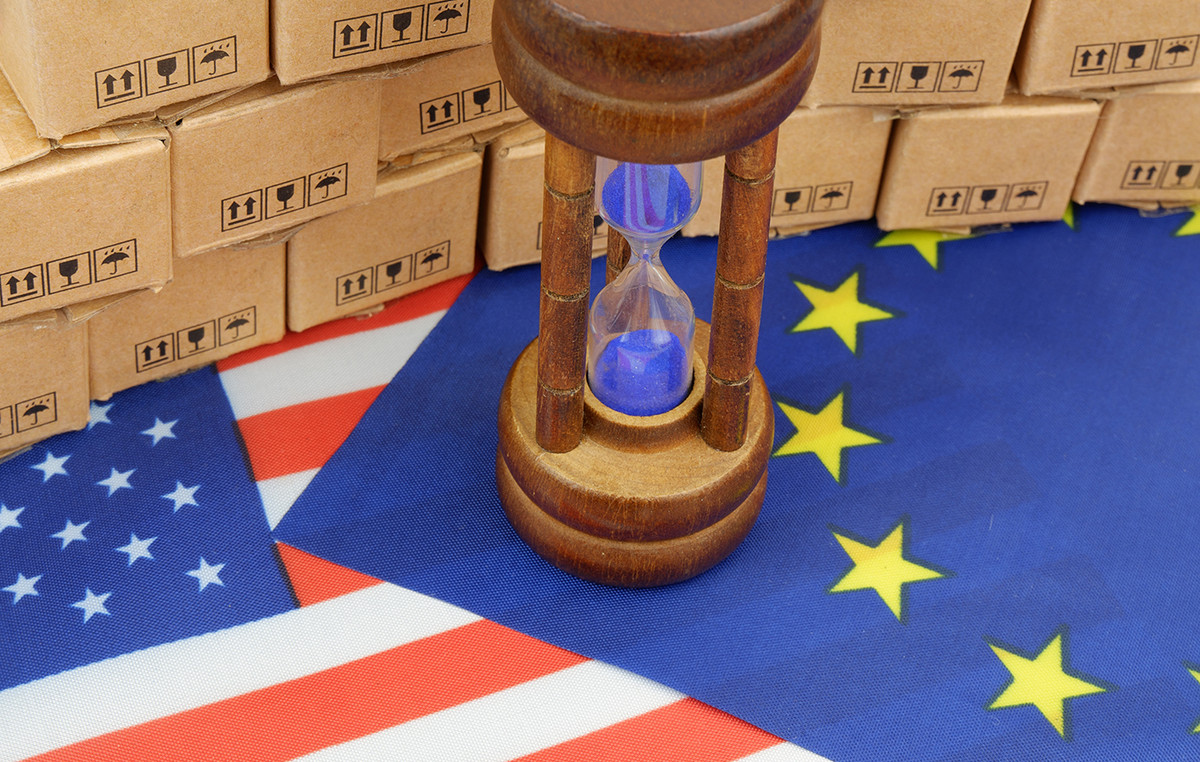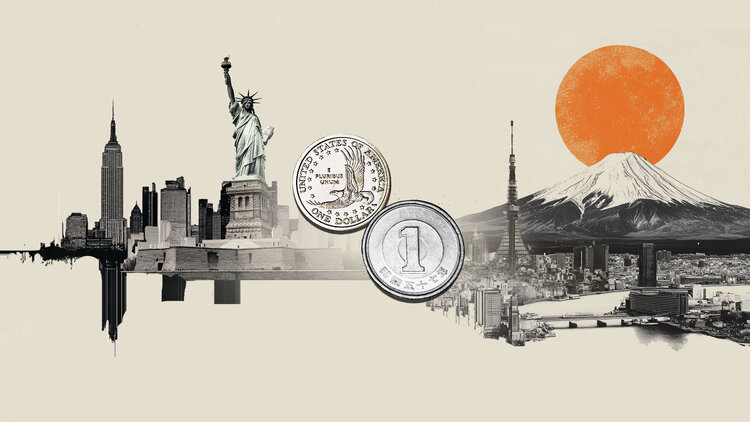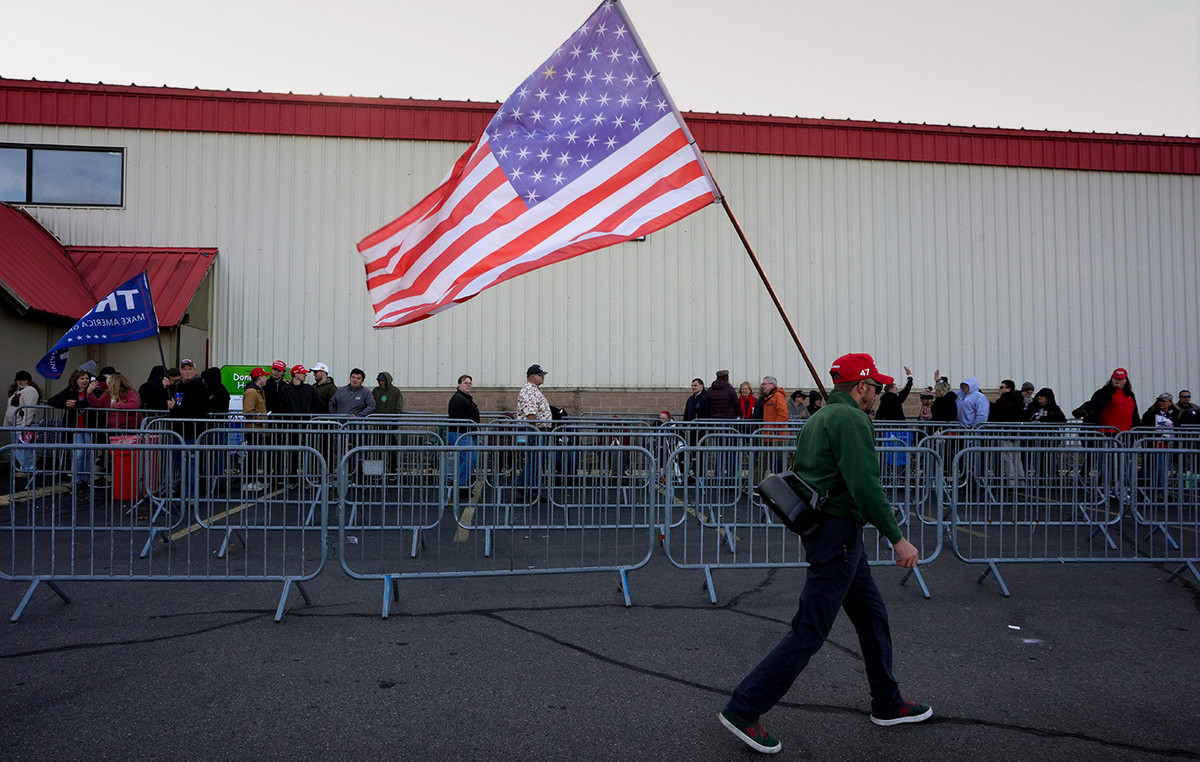Data from the Confederation of Agriculture and Livestock of Brazil (CNA) show that the cost of fertilizer imports grew 178% from January to May 2022, compared to the first five months of 2020. However, according to the entity, the imported volume rose only 16% in this same period.
The data, according to the CNA, point to a significant increase in the price of these products, which are the main inputs for agricultural activities.
Also according to the confederation, the increase in expenses will cause producers to lose revenue margins, as Brazil imports about 80% of all fertilizer consumed, generating an increase in the cost in the 2022/2023 harvests.
According to the coordinator of the CNA’s Market Intelligence Nucleus, Natália Fernandes, crops such as soy and corn, for example, should suffer significant impacts.
“We have an estimate of a cost increase close to 40% for soybeans and 51% for the summer crop in the effective operating cost, which is the producer’s disbursement cost. So it’s quite expressive when you compare the harvest from one year to the next. Only fertilizer costs are even more expressive, so for soybeans it exceeds 80%. And for corn it is close to 93%”, says the coordinator.
Natália Fernandes also highlights that the use of fertilizers represents 30% to 40% of the farmers’ operating expenses. He completes by pointing out that the input is the most important item in the activity.
The professor and economist at Ibmec, Gilberto Braga, explains that the increase in the price of fertilizers is a reflection of the conflict between Russia and Ukraine, from where Brazil imports a large part of these supplies.
“This increase in prices tends to increasingly impact the final consumer, especially when it is known that there is still no prospect of an end to the conflict in Eastern Europe. It is important to say that each type of agriculture has a different need for fertilizer, but there is no type of food that will not be impacted. This ends up going to the final price and ends up being paid by the Brazilian consumer”, he points out.
Food is one of the items that have strongly impacted the country’s inflation. In the May release of the Broad Consumer Price Index (IPCA), the category registered a high of 0.75%. However, from January to May this year, prices have already grown 6.86%.
Source: CNN Brasil
I am Sophia william, author of World Stock Market. I have a degree in journalism from the University of Missouri and I have worked as a reporter for several news websites. I have a passion for writing and informing people about the latest news and events happening in the world. I strive to be accurate and unbiased in my reporting, and I hope to provide readers with valuable information that they can use to make informed decisions.







